Daniel Ricciardo, 30, has started 171 Formula 1 races, scoring seven wins, 29 podiums, three pole positions and 13 fastest laps.
Lewis Hamilton, 35, has started 250 F1 races, scoring six world championships, 84 wins, 151 podiums, 88 pole positions and 47 fastest laps. Yet Ricciardo is modestly but forcefully unequivocal. “There are rarely unicorns in sport,” he says. “There’s always a small handful of people who have the talent to win on any given day, and our sport is no different. I believe there’s a group of us at the top tier, and I believe I and a handful of others, in the same car, could have given him a run for those titles.”
On the day we speak, Ricciardo is a Renault driver through and through, kicking his heels at home in Australia at the curtailed current season and rumoured to be earning £26.5 million per year, which gives an insight into how highly the team valued him when they signed him from Red Bull in 2019. As you read this, he remains a Renault driver but now has a contract signed and sealed to move to McLaren for 2021. His retainer is likely to be substantially lower, albeit a result of market forces rather than undoubtedly disappointing results over the past 12 months for a man who sets out his stall as a potential world champion.
So how good is Ricciardo, and will his move to McLaren – likened disparagingly by one football fan as the equivalent of moving from Arsenal to Tottenham Hotspur in that it takes him from one potential top-of-the-midfield team to another – be enough to convert his own self-belief into the kind of results that separate the good from the great?
On the one hand, Ricciardo’s move to Renault has done far more for his bank balance than his reputation, with the team losing performance last year compared with 2018. He was seen off by Red Bull team-mate Max Verstappen in 2018 and, if you want to be really mean (but factual), was outscored three seasons prior by the soon-to-be sacked Daniil Kvyat.
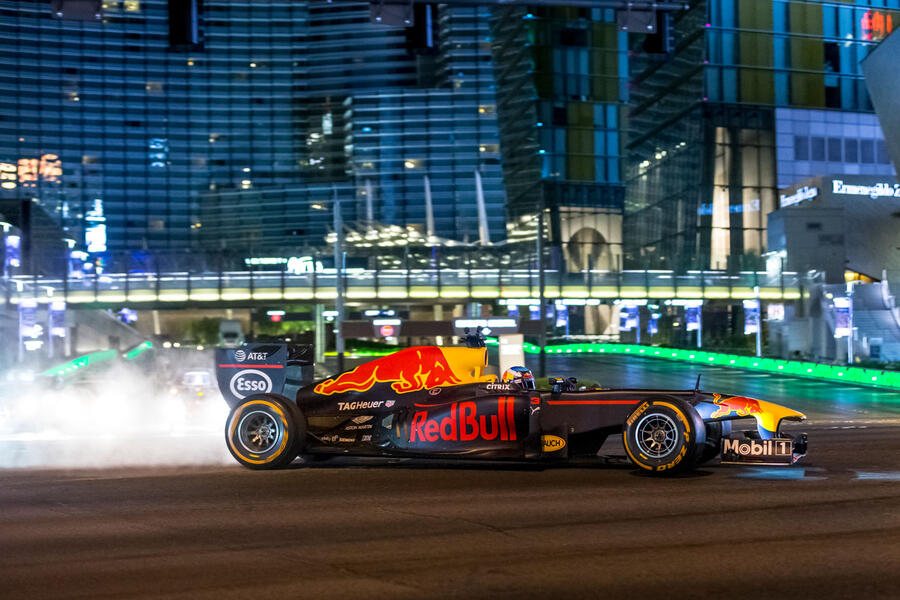
On the other hand, this is a man who has won races on tracks as challenging as Monaco and Spa-Francorchamps, who beat four-time-world-champion team-mate Sebastian Vettel in 2014 and who is rated by many observers as the finest judge bar none of late, heavy braking from high speeds – a skill that has notably been key to many of his finest results.
“I’m in that top group,” Ricciardo reiterates, albeit with the refreshing acknowledgement that he understands the difference between self-belief and hard results. “As far as talent or ability to push a car to the limit – the skill set – there are a few of us that can get there. But we need the right car, and then, for this group, the difference is less about speed and more about the ability to nail results race after race. On a given day, a few of us could win. Where you have to hand it to Lewis is that he does it time and time again.

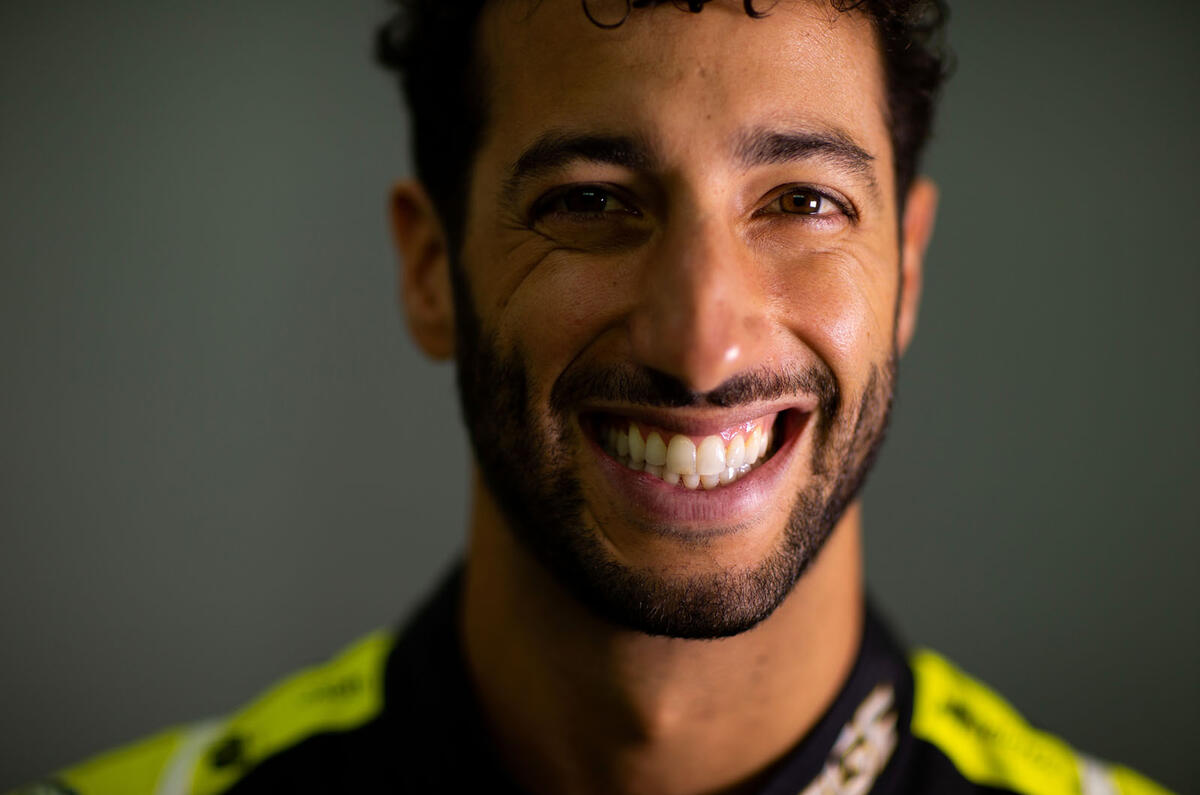
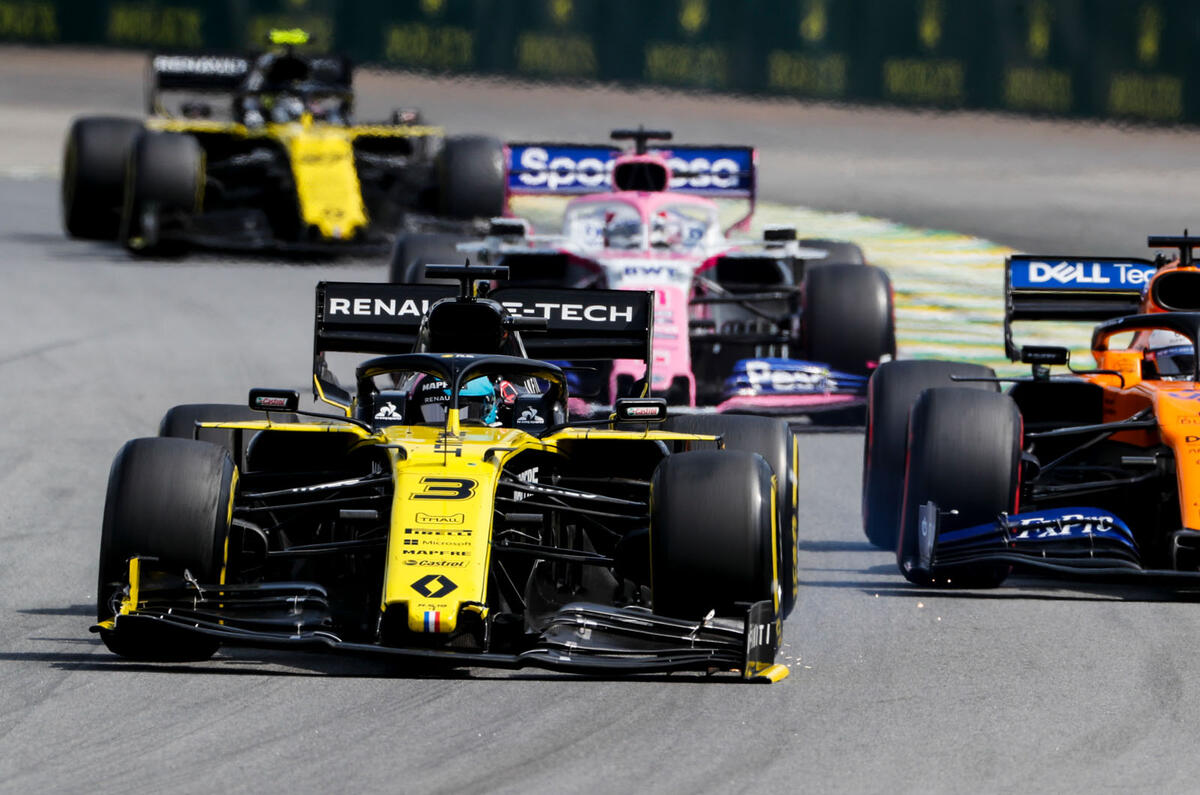
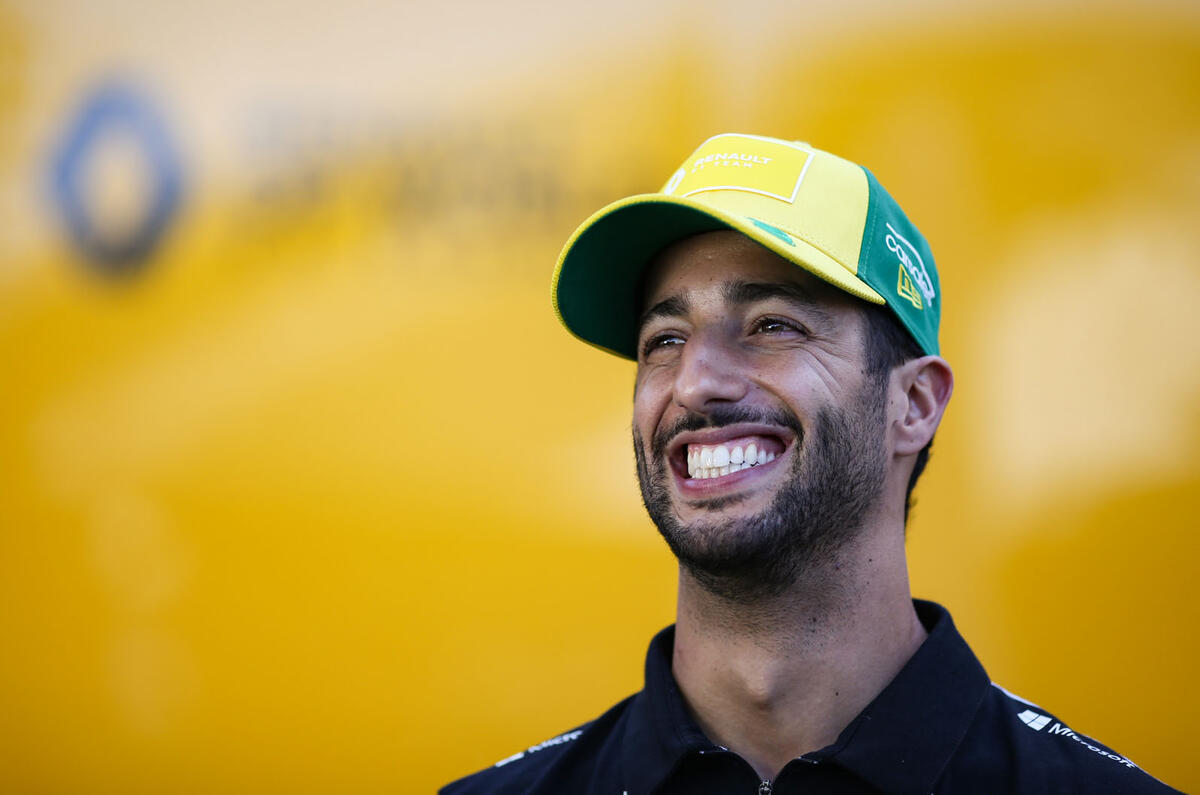
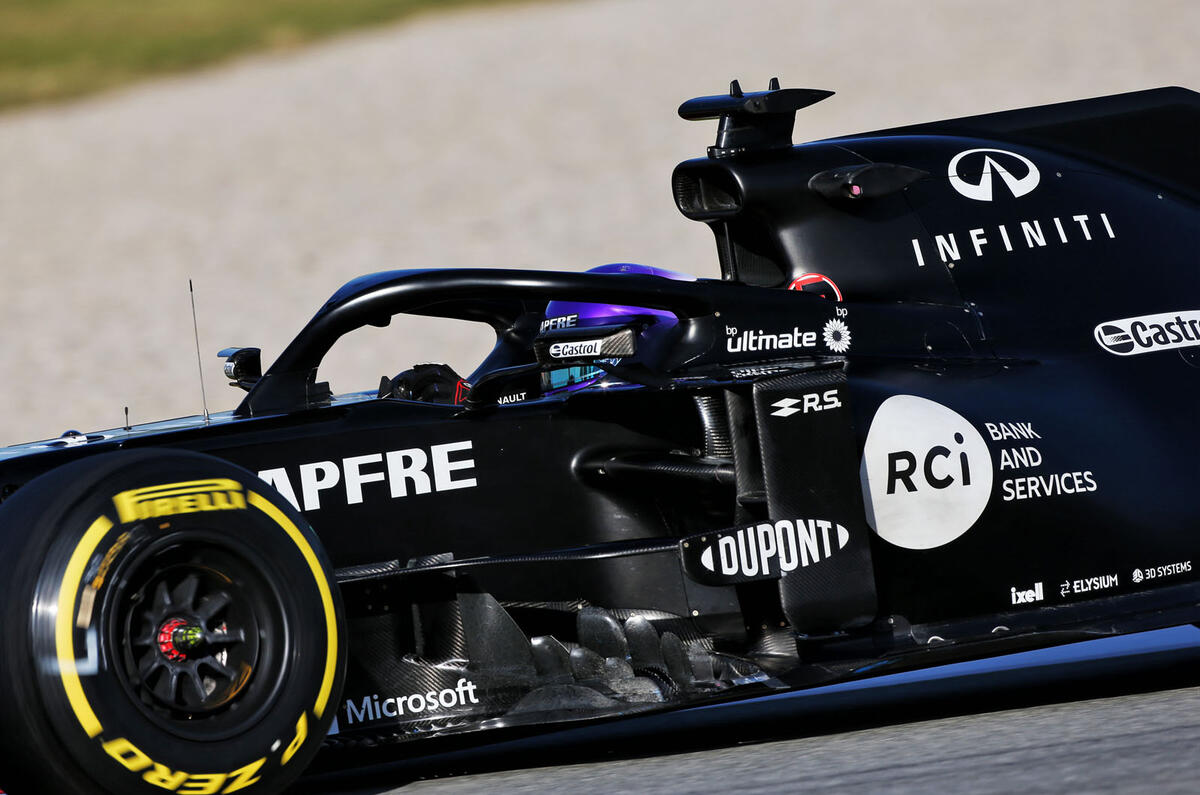
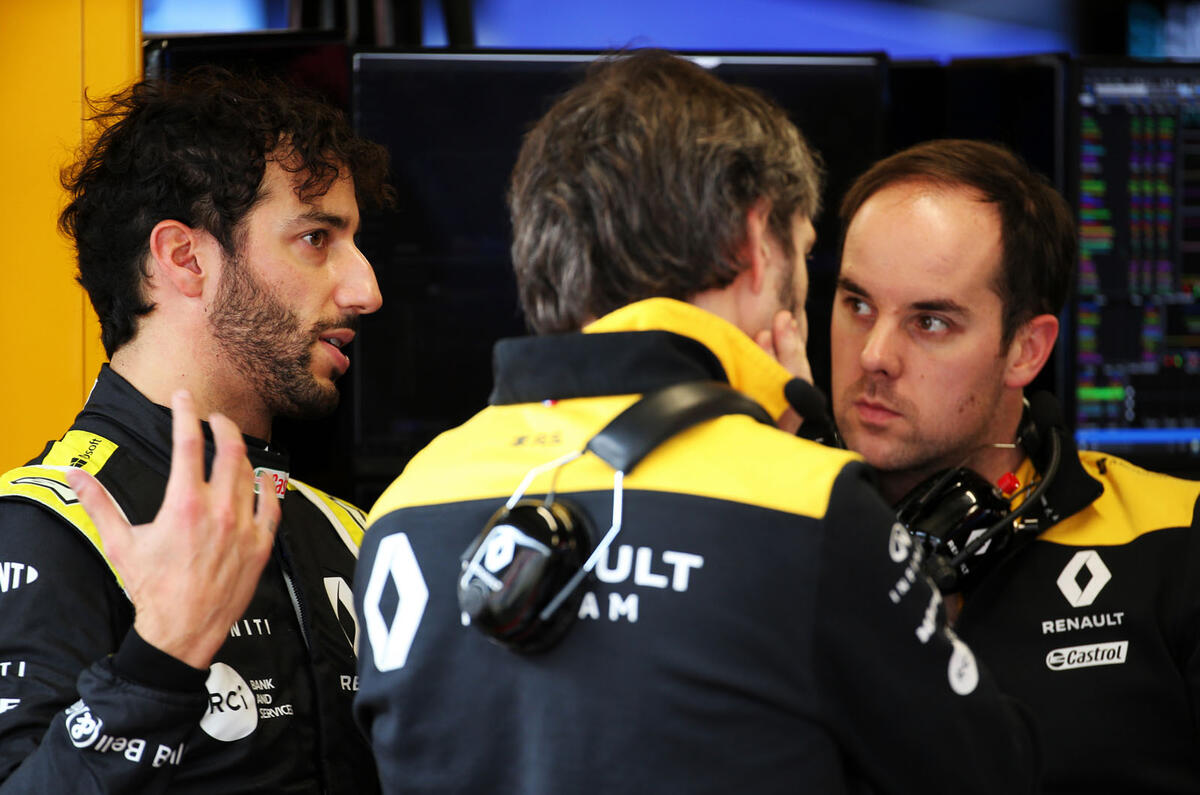
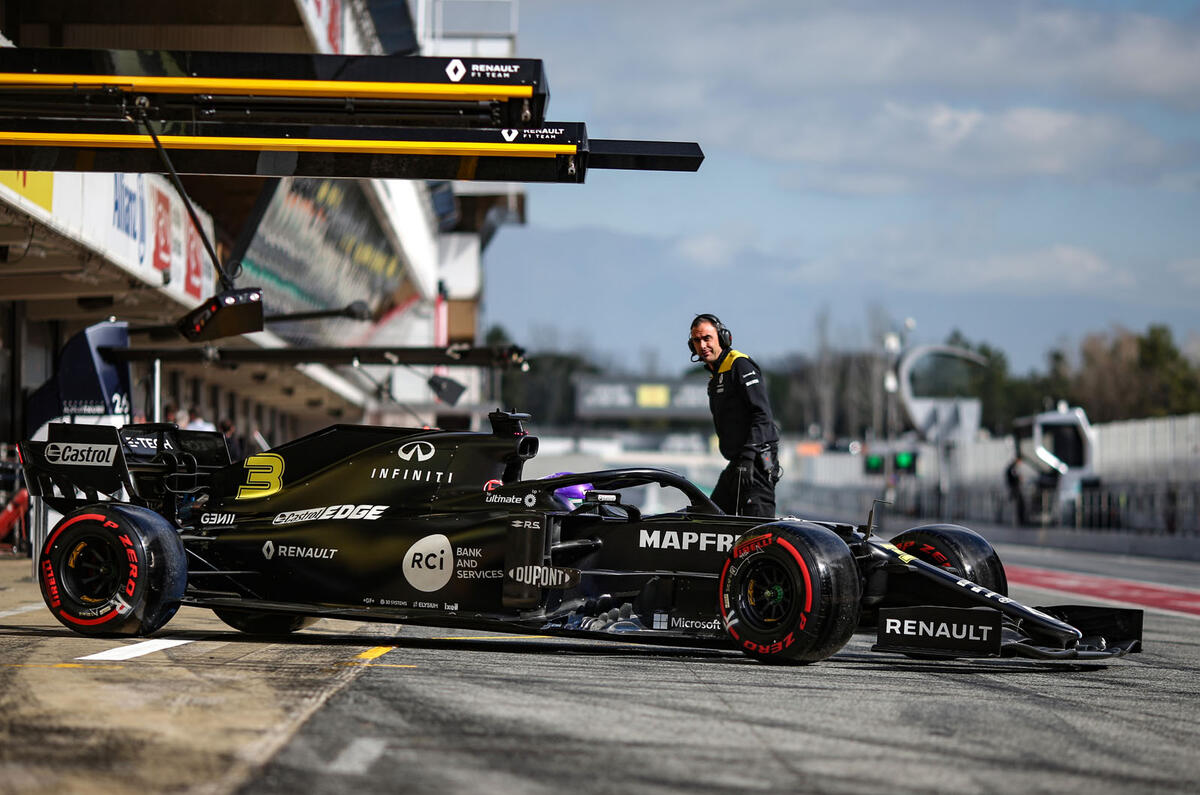
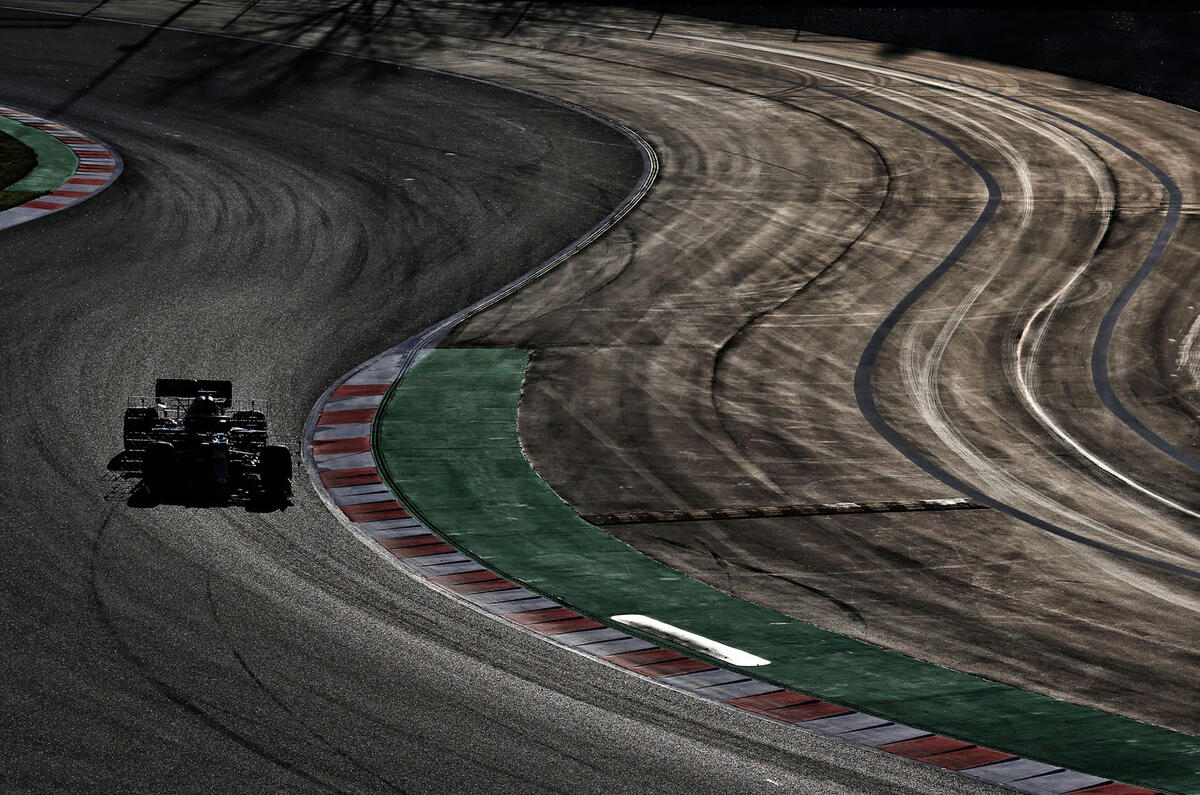
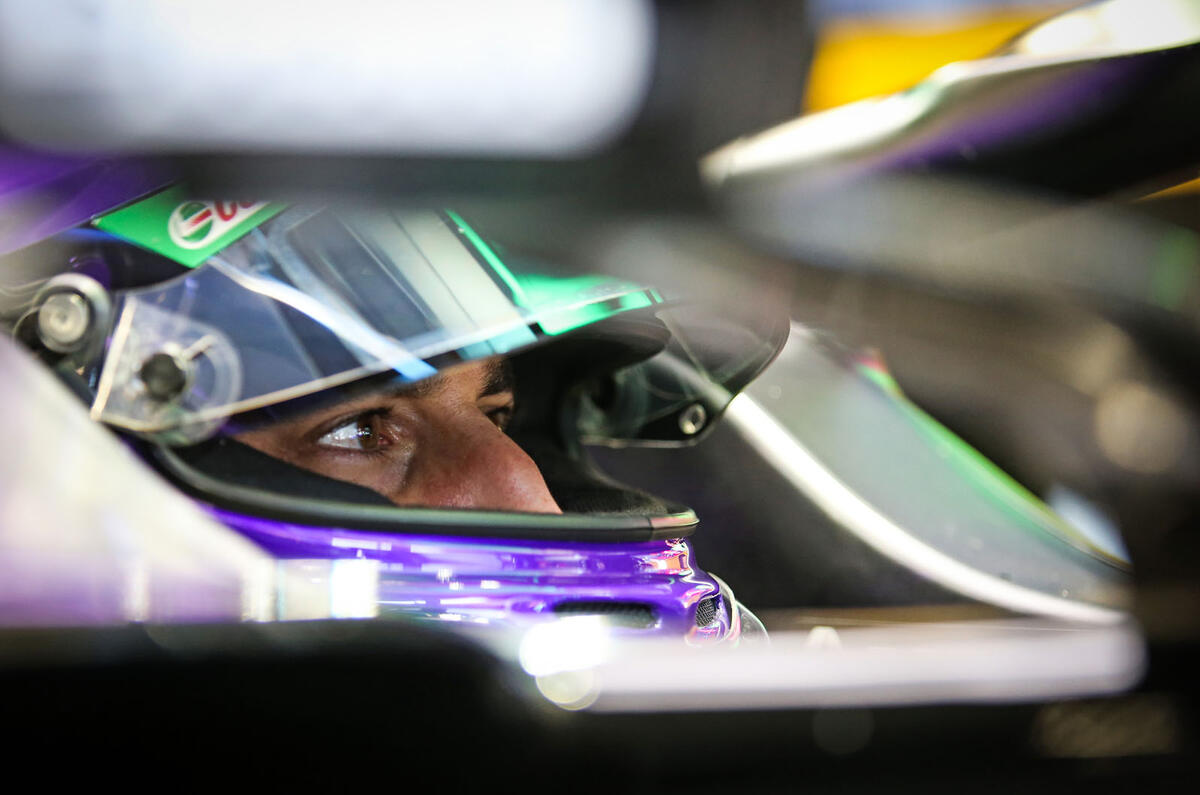
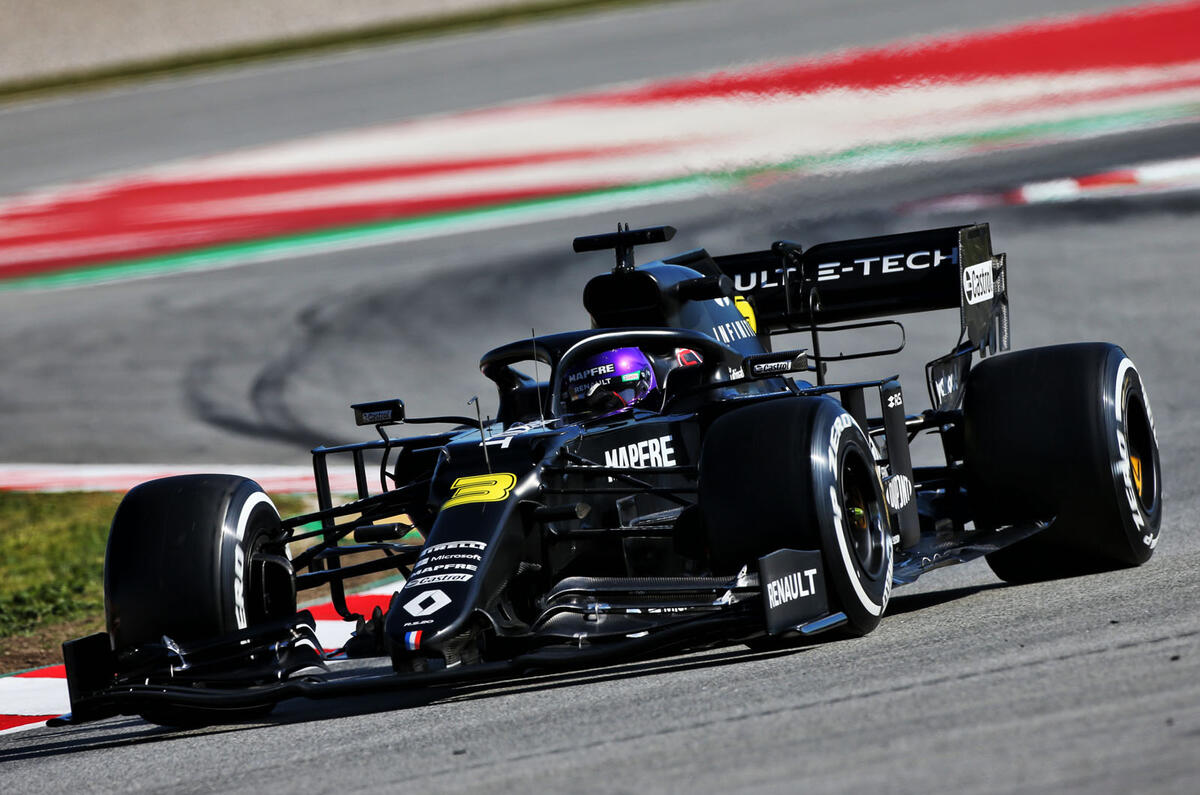
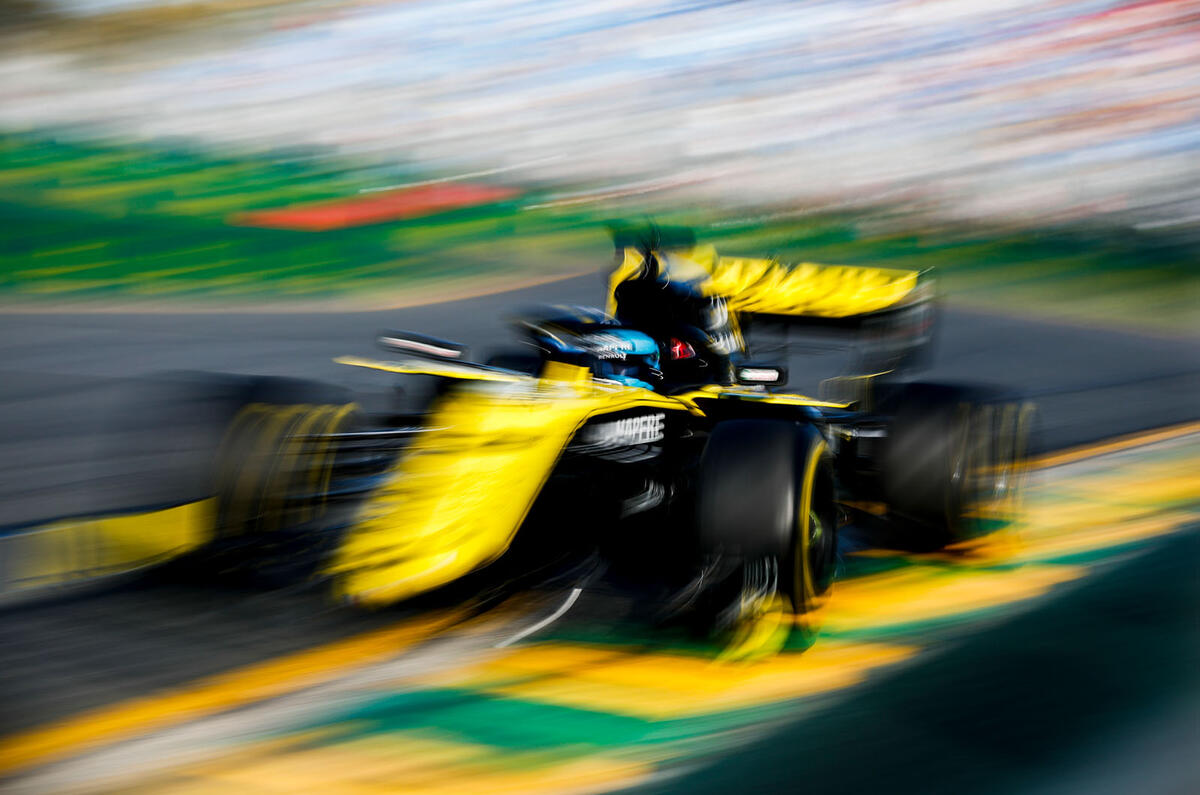
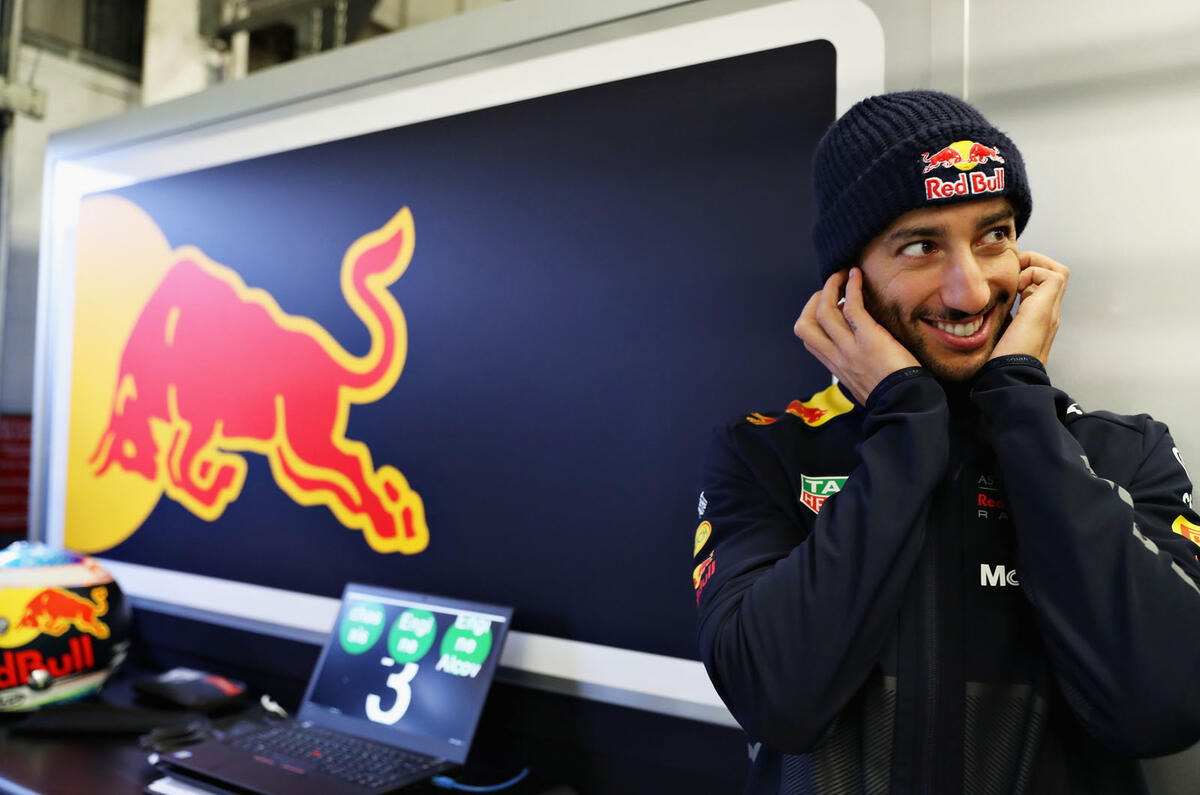
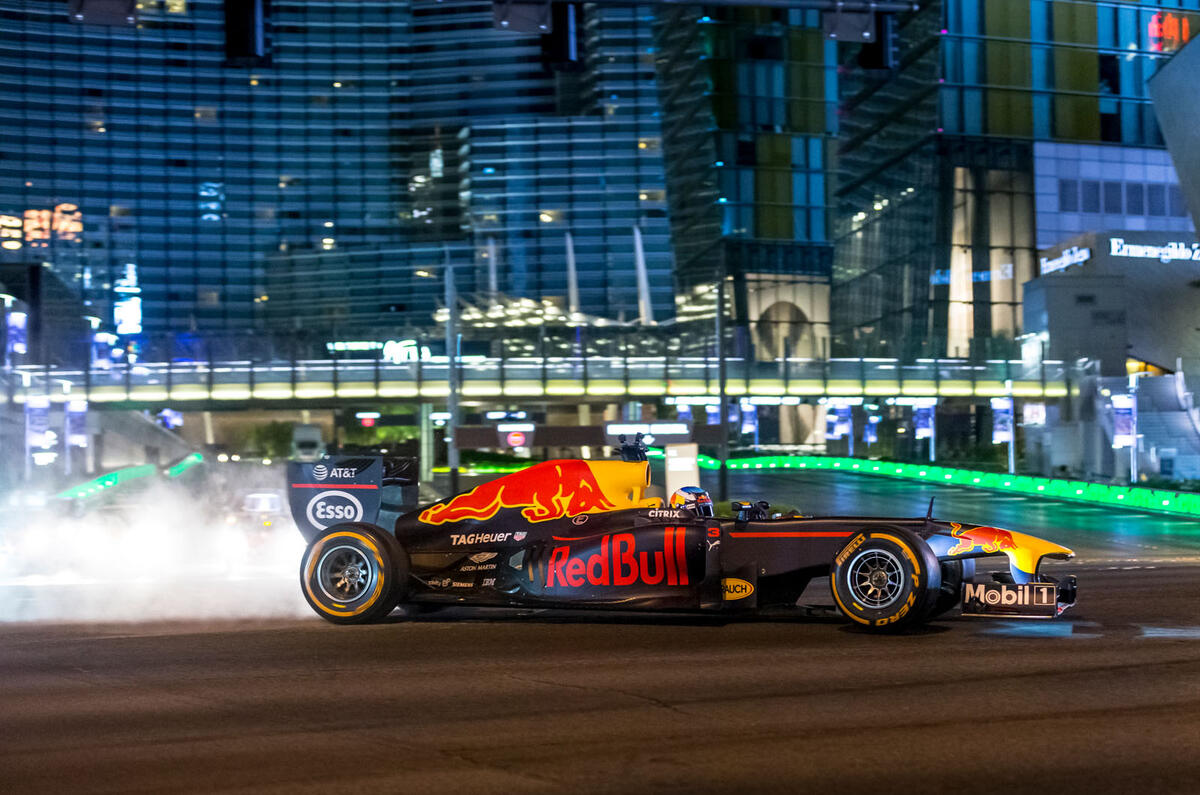
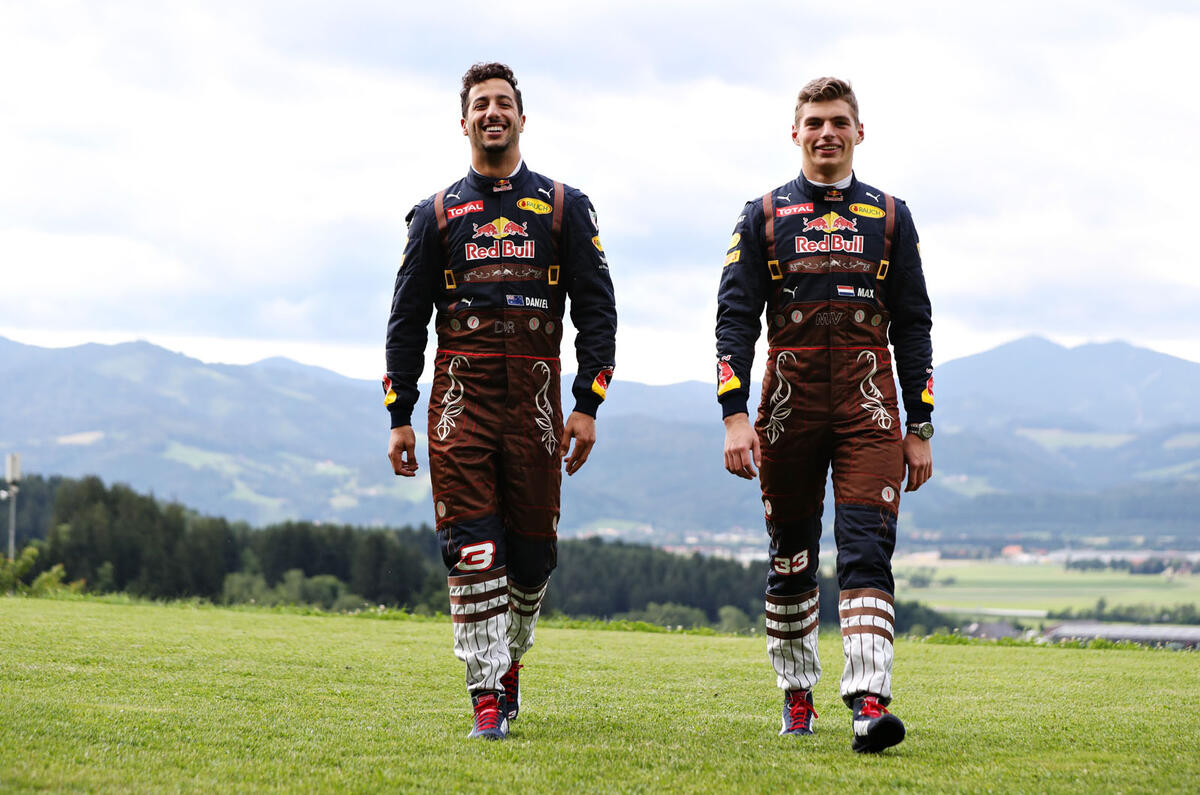
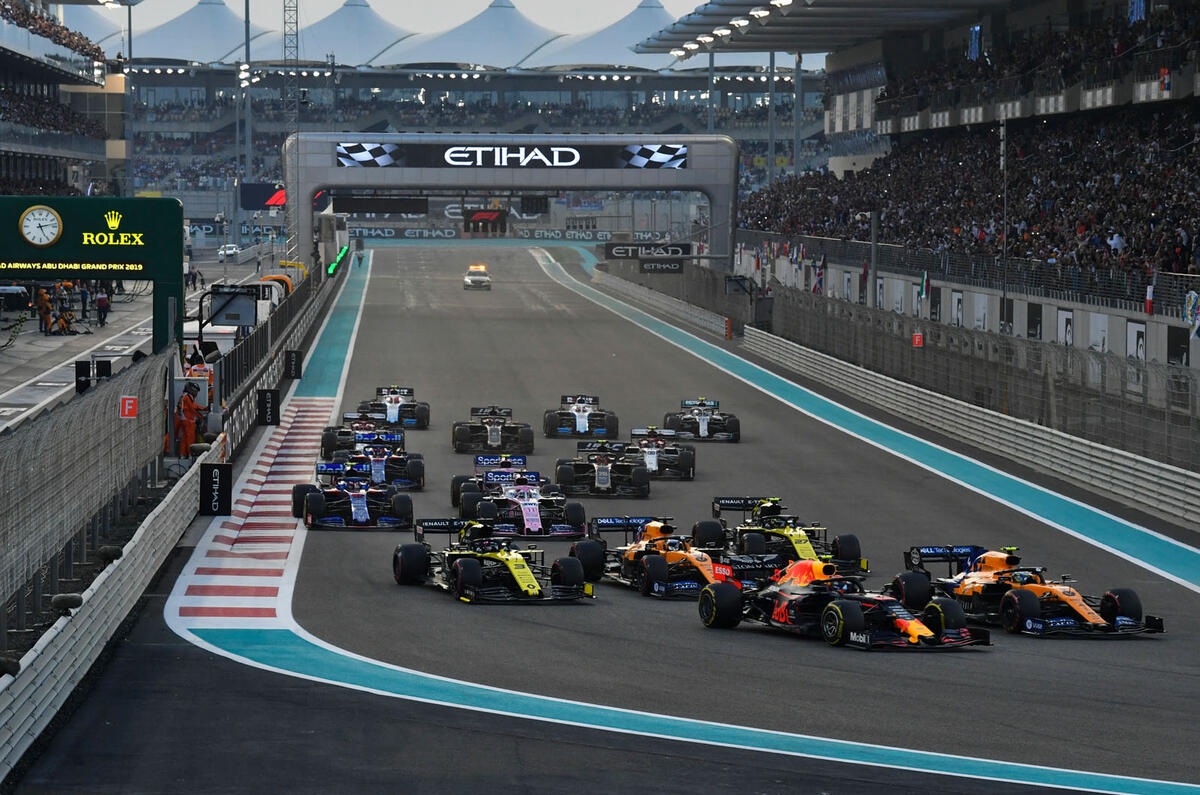
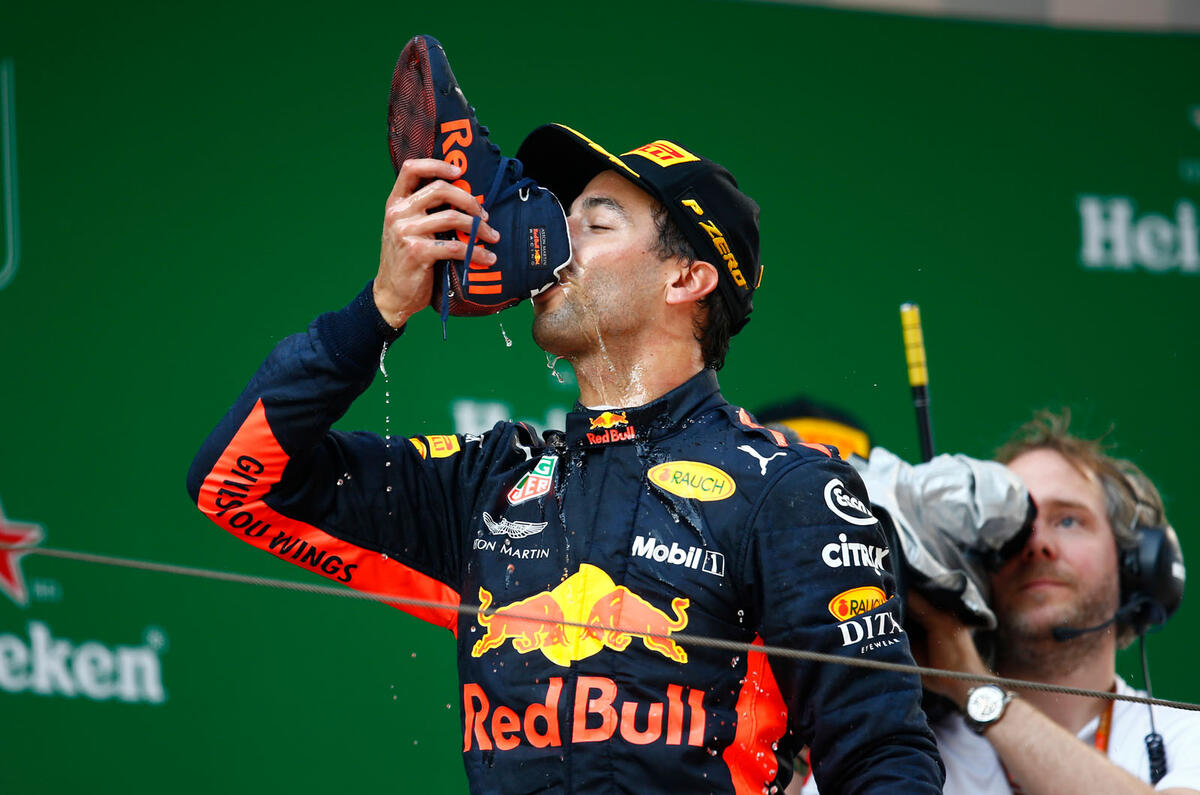
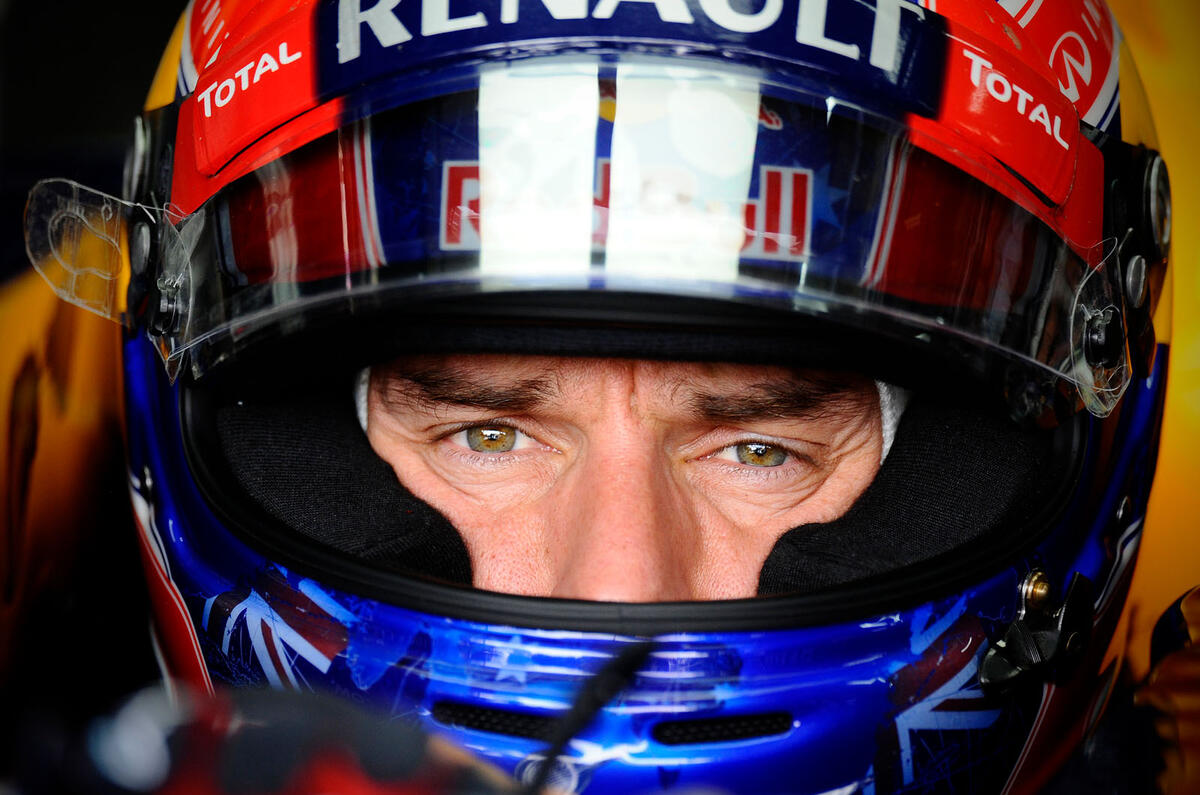
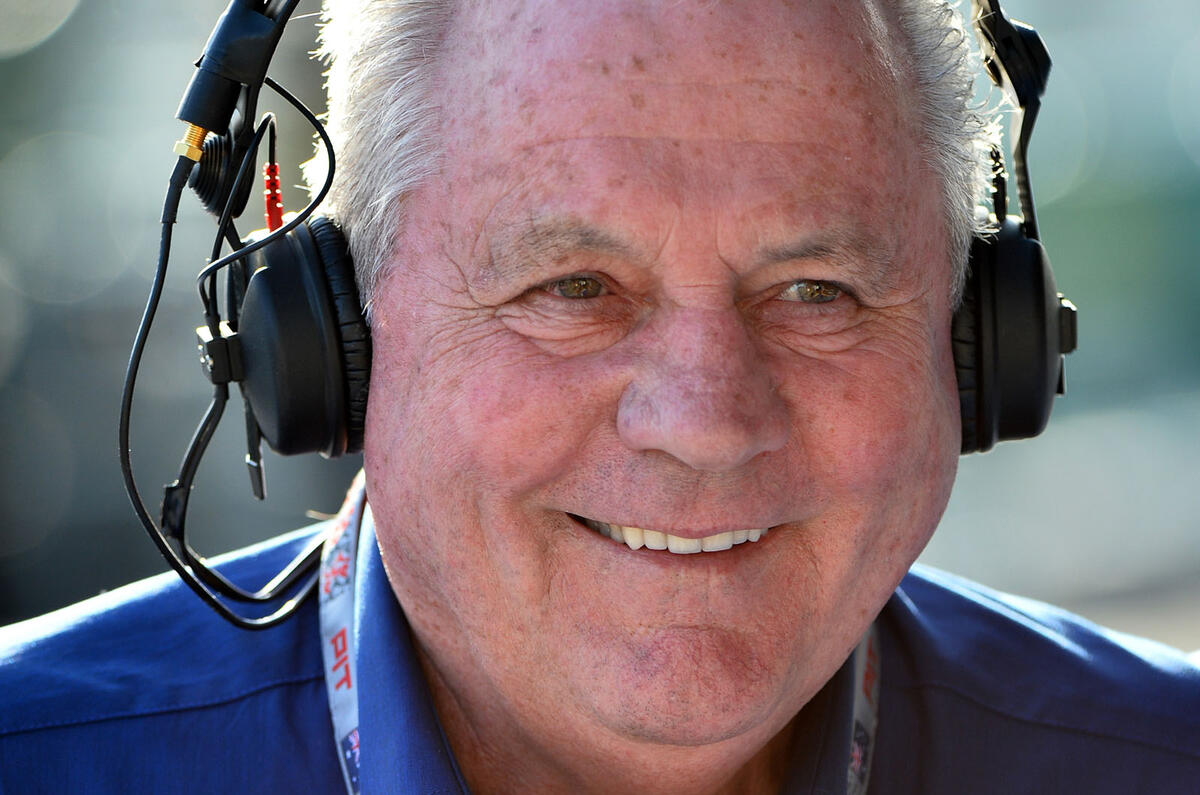
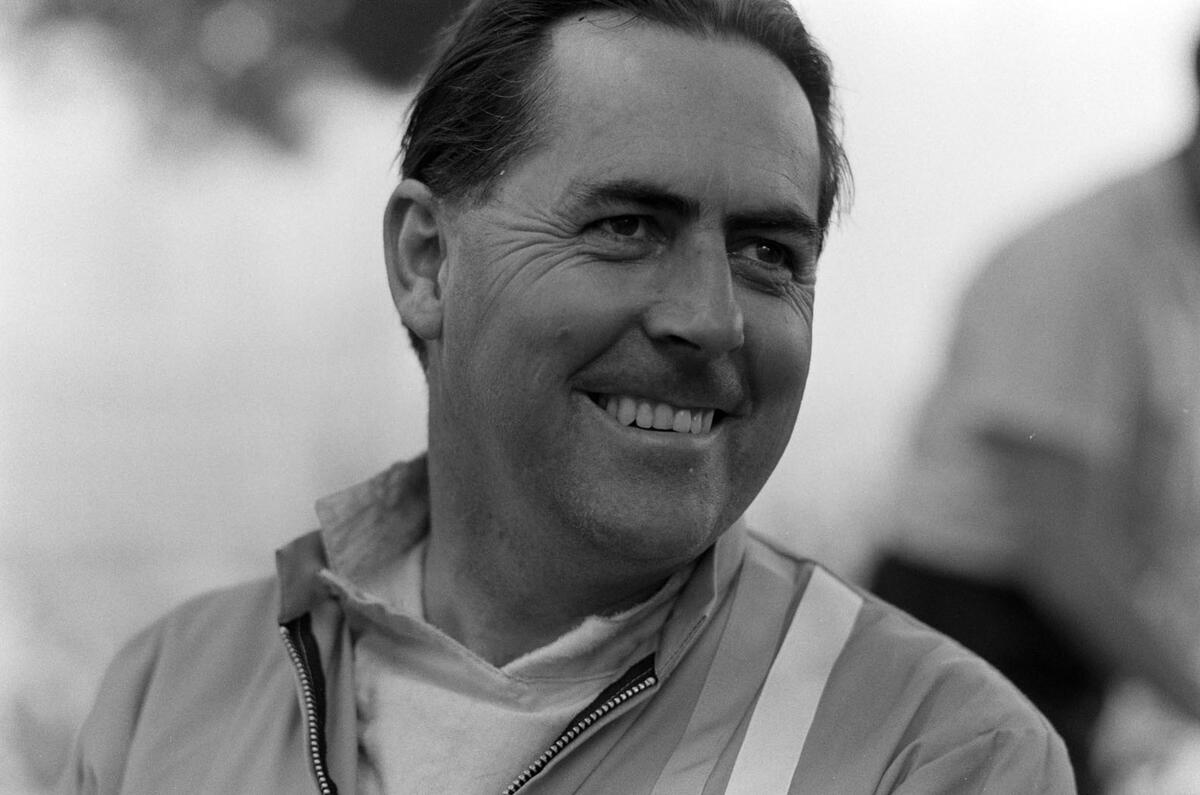
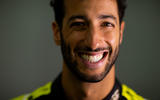
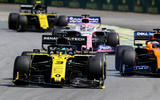
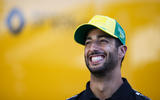
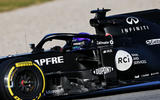
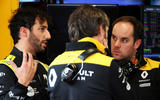
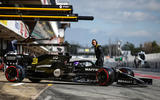
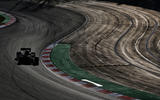
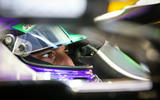
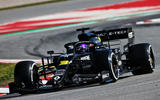
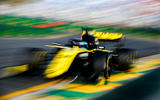
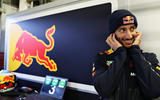
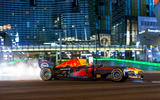
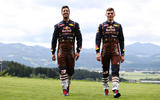
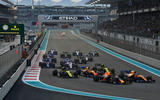
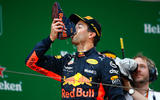
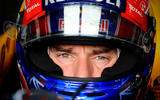
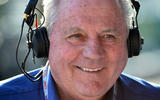
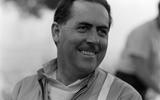

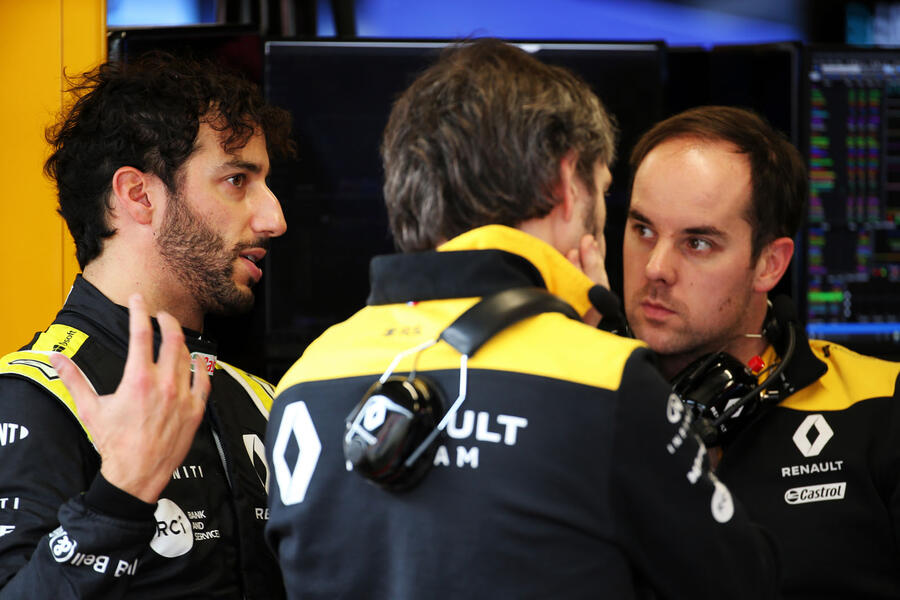
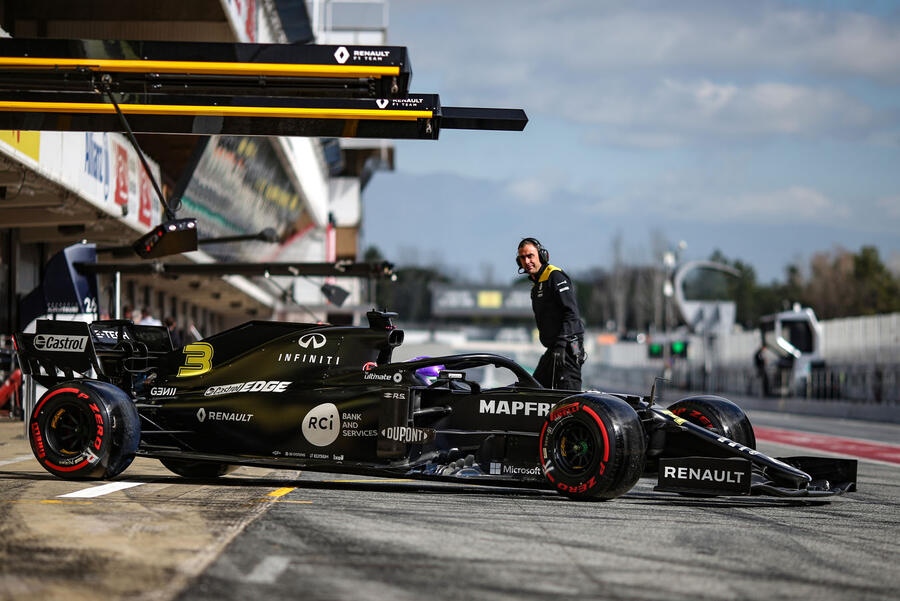
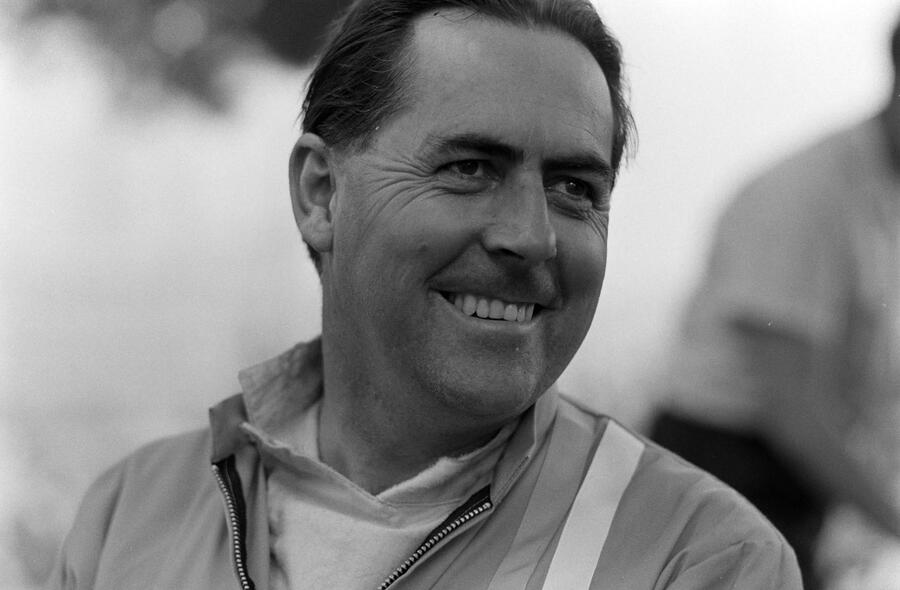
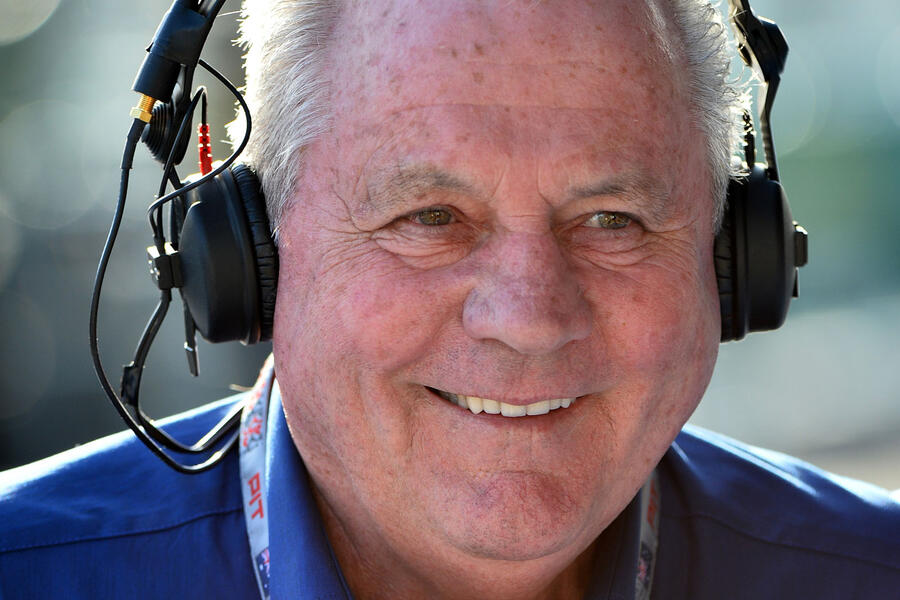
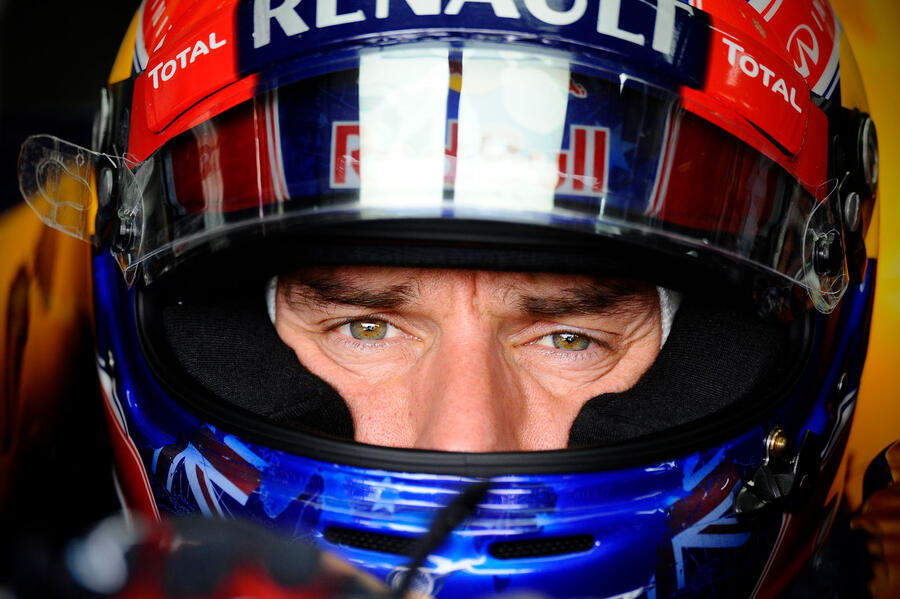

Join the debate
Add your comment
He's a journeyman
And another Alonso, luckily without the attitude, but also without the titles. Nice guy, but deluded if he thinks he's in the top tier. And Ferrari clearly don't think he is, which is why they chose Sainz instead, and Sainz isn't exactly top tier himself!
The article mentions the defeats to Verstappen and to Kvyat. He scared Vettel away from RBR, but that was Vettel 2.0, and similarly he was scared away by Max.
He must have read Alonso's book on how to choose a manager and which teams to go to if you want a dead end. His previous manager sued him for £X millions and was it him or the replacement who put him into Renault just as they went backwards in the midfield, and now into McLaren just when they are short of money and "pawning" the assets!
He should have read the Bottas book. Better to be a #2 at a top tier team, because on the right day you will win a race a few times a year, whereas as # 1 at a midfield, you might win a race every few years.
Retirement.
I'm sure I read somewhere that, if he didn't get a good drive, ie, a winning car next year, he'd retire from F1, what does that say about commitment?
.
He raced Verstappen in the same car and was beaten so badly he left to join Renault, the chances of him holding his own against Hamilton are slim.